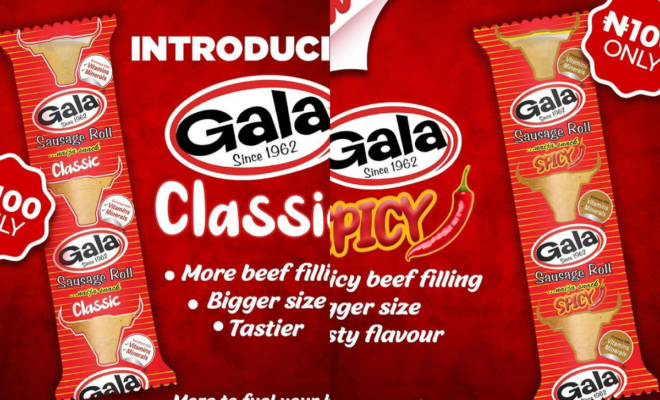
Diageo’s decade long sustainability and responsibility goals record remarkable achievements
Diageo, maker of Johnnie Walker, Smirnoff and Guinness, has announced remarkable achievements as its highly ambitious 2020 Sustainability and Responsibility Goals come to a close.
Among achievements being celebrated include absolute reduction of Greenhouse gas emissions across all its business, 46% improvement in water efficiency, zero waste to landfill at all production sites and offices, over 99.5% recyclable packaging, empowerment of 435,000 women through various community programmes and moderation messages to two million people from Diageo brands.”
In a statement, Diageo described the goals originally set in 2008, and refreshed in 2015, as “the most ambitious and stretching in the industry”.
“Diageo was among the first companies to set its greenhouse gas (GHG) reduction targets in line with the principles of the Science Based Targets initiative and an early adopter of absolute, rather than relative, GHG reduction targets.
“On water stewardship, in 2019 Diageo was appointed a Global Goals Business Avenger as the business champion for UN Sustainable Development Goal 6: Ensure availability and sustainable management of water and sanitation for all. This financial year, Diageo has replenished 1,400,000m3 of water, the equivalent of 560 Olympic sized swimming pools, in water-stressed areas,” the statement said.
Commenting, the Chief Sustainability Officer, Ewan Andrew, said: “As we close our 2020 targets, we are incredibly proud of the progress we have made and grateful to our employees and selected partners who have helped us deliver transformational progress. Through our programmes, we have made a positive impact on millions of people, in communities all around the world. We have been agile and moved quickly to adapt to the global changes around us. We are excited about the decade of action ahead and will continue to lead the way, driven by the knowledge that our future success is intertwined with the success of the living planet around us.”
Andrew noted that 2020 targets were selected to align with the UN’s Sustainable Development Goals and designed to cover Diageo’s three main focus areas. These focus areas include reducing environmental impact, building thriving communities and promoting positive drinking.
He named key highlights already achieved to include cutting greenhouse gas (GHG) emissions from direct operations by 509,000 metric tonnes, delivering on its commitment to reduce absolute emissions by 50%; reducing emissions by over a third (33.7%) across its total value chain, going beyond its original 30% target; replenished 100% of the water used in product in water stressed areas as well as ensured that over 99.5% of its packaging is recyclable and achieved 45% recycled content in its packaging.
Other achievements include zero waste to landfill in all operational sites and offices,; supported more than 250,000 people through its projects focused on clean water, sanitation and hygiene (WASH) in 2020; empowerment of 435,000 women through its community programmes in addition to championing diversity such that 39% of leadership positions are now held by women, going beyond its original target of 35%.
Andrew further disclosed that Diageo has also long supported the World Health Organisation’s goal of reducing harmful drinking by 10% across the world by 2025 and has set itself stretching targets to reach in this area over the next five years.
“So far, it has reached over 229 million people with moderation messages via its brands and helped educate one million young people, parents and teachers about the dangers of underage drinking,” he disclosed.
Despite this significant progress, Diageo said it has not quite achieved all its ambitious goals. These include meeting full improvement in the quality of wastewater it discharges, with 90% of its operational sites meeting the stretching target (which remains within consent levels granted by local regulators). Though Diageo delivered 46.3% improvement in water use efficiency it still fell short of its 50% target. The shortfall was attributed to delayed water recycling projects in Africa and lower packaged volumes in some markets both as a direct result of COVID-19 impacts. “It has also found reducing the overall weight of its packaging by 15% more challenging than expected, still delivering a strong 11% reduction with the starting point on lightweight glass making it a tough challenge. Having delivered the goal of 80% of raw materials sourced locally in Africa two years early it slipped to 79% over the last quarter of the year, as a direct result of COVID-19 volume impacts.
Diageo said in pursuing a decade of sustainability and responsibility goals, it adapted programmes to improve their impact and has seen the benefit of an increased holistic and aligned approach within the business and with vital third party partners. It added that “no business can deliver meaningful targets alone and it will be crucial that this focus and partnership approach is maintained as the world continues to combat both climate change and the effects of the COVID-19 pandemic.”




Comment
No comments found.